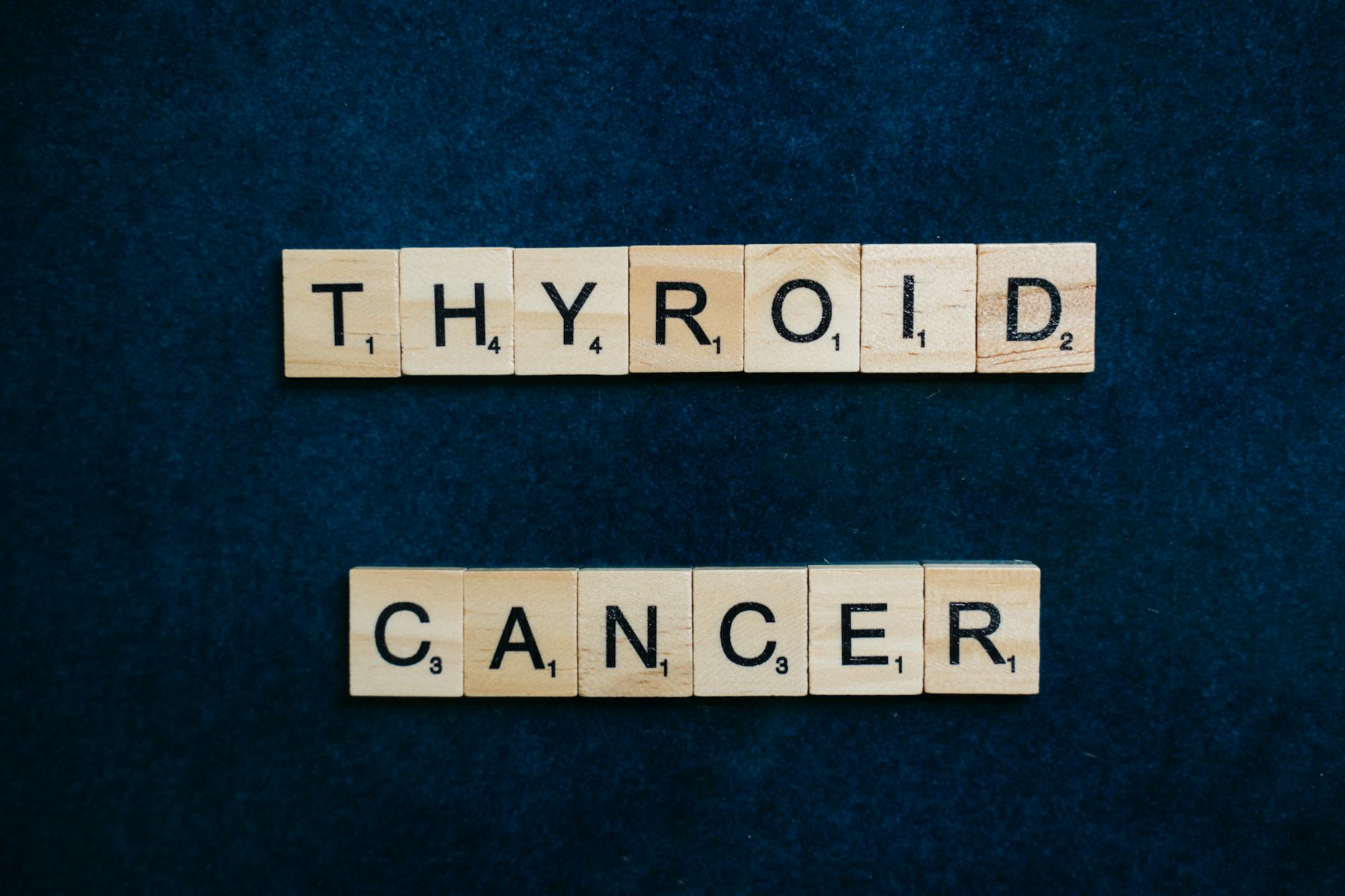Uncover the empowering journey of overcoming Graves Disease and reclaiming health in this inspiring and informative blog post.
Table of Contents
- Understanding Graves Disease
- Managing Symptoms Through Nutrition
- Embracing Stress Management Techniques
- Exercise for Energy and Endurance
- Medication Compliance and Monitoring
- Building a Support Network
- Monitoring and Managing Your Symptoms
- Seeking Lifestyle Balance
- Education and Advocacy
- Conclusion: Embracing Your Journey to Wellness
Living with Graves Disease can be challenging, but with the right approach and mindset, it is possible to manage the condition effectively and improve your overall well-being. In this blog post, we will explore various strategies and lifestyle changes that can help you navigate the journey to wellness while dealing with Graves Disease. Whether you are newly diagnosed or have been living with the condition for some time, these tips and insights can empower you to take control of your health and live your best life.
Understanding Graves Disease
Graves Disease is an autoimmune disorder that causes the thyroid gland to become overactive, resulting in the production of too much thyroid hormone. This can lead to a range of symptoms, including weight loss, rapid heartbeat, anxiety, and fatigue. It is important to work closely with your healthcare provider to monitor your thyroid levels and adjust your treatment plan as needed.
Managing Symptoms Through Nutrition
Nutrition plays a crucial role in managing Graves Disease and supporting overall health. Focus on eating a balanced diet rich in fruits, vegetables, whole grains, and lean proteins. Avoiding foods high in iodine, such as seafood and iodized salt, can help regulate thyroid function. Additionally, incorporating foods rich in selenium, like Brazil nuts and sunflower seeds, can support thyroid health.
Embracing Stress Management Techniques
Stress can exacerbate symptoms of Graves Disease, so it is essential to incorporate stress management techniques into your daily routine. Practices such as meditation, yoga, deep breathing exercises, and mindfulness can help reduce stress levels and promote relaxation. Prioritizing self-care and taking time for activities you enjoy can also have a positive impact on your mental and physical well-being.
Exercise for Energy and Endurance
Regular exercise can help boost energy levels, improve endurance, and support overall health when living with Graves Disease. Aim for a combination of cardiovascular exercise, strength training, and flexibility exercises to stay active and maintain muscle strength. Consulting with a healthcare provider or exercise specialist can help create a tailored exercise plan that is safe and beneficial for your condition.
Medication Compliance and Monitoring
Adhering to your prescribed medication regimen is crucial for managing Graves Disease effectively. It is essential to take your medications as directed, attend regular follow-up appointments with your healthcare provider, and undergo necessary blood tests to monitor your thyroid levels. Communicate any changes in symptoms or concerns with your healthcare team promptly.
Building a Support Network
Living with a chronic condition like Graves Disease can feel isolating at times, so building a support network of friends, family, healthcare providers, and fellow individuals dealing with similar challenges can be invaluable. Don’t hesitate to reach out for support, share your experiences, and lean on others for encouragement and guidance. Online support groups and community resources can also provide additional support and information.
| Chapter | Topic | Description |
|---|---|---|
| 1 | Understanding Graves Disease | This chapter covers the basics of Graves Disease, including the symptoms, causes, and diagnosis. |
| 2 | Treatment Options | Learn about the different treatment options available for managing Graves Disease, including medication, radiation therapy, and surgery. |
| 3 | Diet and Nutrition | Discover how diet and nutrition can play a role in managing Graves Disease symptoms and overall health. |
| 4 | Exercise and Wellness | Explore the benefits of exercise and wellness practices in managing Graves Disease and improving quality of life. |
| 5 | Mental Health | Understand the emotional impact of Graves Disease and learn strategies for maintaining mental health and well-being. |
Monitoring and Managing Your Symptoms
Keeping track of your symptoms, energy levels, mood, and overall well-being can help you better understand how Graves Disease is affecting you and identify triggers or patterns. Consider keeping a symptom journal or using a health app to track your progress and communicate effectively with your healthcare team. Being proactive about your health can lead to more effective management of your condition.
Seeking Lifestyle Balance
Striking a balance between managing Graves Disease and maintaining a fulfilling, well-rounded life is essential. Incorporate hobbies, interests, and activities that bring you joy and fulfillment into your routine. Prioritize rest, relaxation, and self-care to recharge and rejuvenate your mind and body. Remember that taking care of yourself is a vital part of managing your health condition.
Education and Advocacy
Empower yourself with knowledge about Graves Disease, treatment options, and self-care strategies. Stay informed about the latest research, guidelines, and resources available to support individuals with the condition. Be your own advocate by engaging in open and honest communication with your healthcare team, asking questions, and seeking clarification about your treatment plan and options.
Conclusion: Embracing Your Journey to Wellness
Living with Graves Disease presents its challenges, but it is possible to navigate the journey to wellness with confidence, resilience, and positivity. By adopting a proactive approach to managing your health, incorporating healthy lifestyle choices, seeking support from your network, and staying informed, you can take control of your condition and live a fulfilling life. Remember that you are not alone on this journey, and by prioritizing your well-being, you can flourish and thrive despite the challenges. Stay empowered, stay strong, and embrace your journey to wellness with grace and determination.
FAQs
Can Graves Disease be cured?
Graves Disease cannot be cured, but it can be effectively managed through medication, lifestyle changes, and regular monitoring with healthcare providers.
What are the common symptoms of Graves Disease?
Common symptoms of Graves Disease include weight loss, rapid heartbeat, anxiety, fatigue, tremors, and heat sensitivity.
How important is medication compliance in managing Graves Disease?
Medication compliance is crucial in managing Graves Disease as it helps regulate thyroid function and prevent the overproduction of thyroid hormone.
How can I find support while dealing with Graves Disease?
Building a support network of friends, family, healthcare providers, and online communities can provide invaluable support and guidance while navigating the challenges of Graves Disease.





